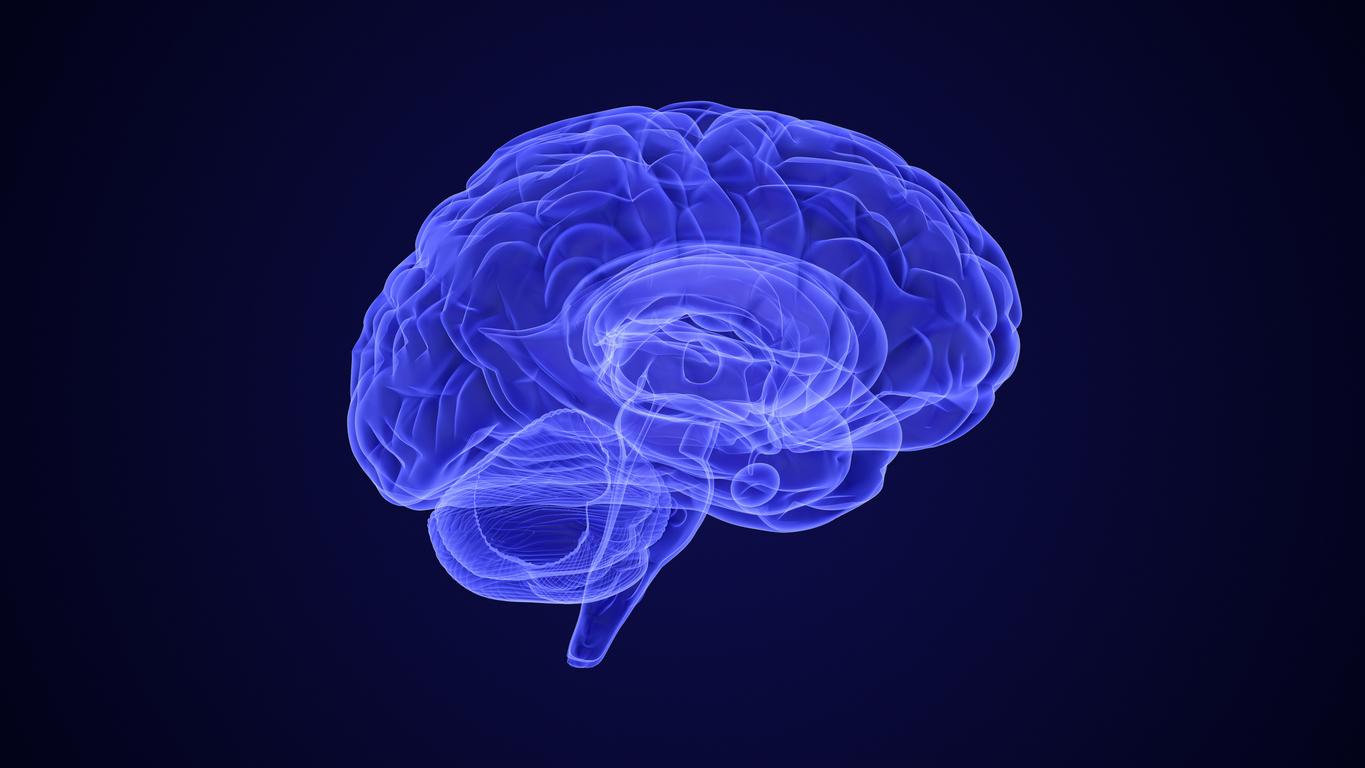Nicotine to treat disease
After observing that smokers are less often affected by Parkinson’s disease than non-smokers, researchers at the Henri Mondor hospital in Créteil (94) are testing the effects of transdermal pure nicotine on disease. The treatment consists of sticking pure nicotine patches on the spine, in the lower back. This clinical trial is currently being conducted with around forty patients. The results are encouraging as many patients saw their condition improve or the disease stop progressing.
Fitness to maintain cognitive connections
Researchers at the famous Mayo Clinic (USA) have discovered that regular practice of aerobic exercise (also called cardio or endurance exercise) helps release certain protective nerve centers in the brain. These maintain cognitive connections and prevent the brain atrophy characteristic of Parkinson’s disease. To be beneficial, these exercises must be practiced four times a week for at least 45 minutes each time.
An effective leukemia treatment
Neurologists from the University of Washington (United States) obtained very encouraging results against Parkinson’s disease by administering to 11 patients an anti-cancer drug (nilotinib) usually prescribed against leukemia. This molecule would reduce the concentration of toxic proteins for the brain. The first results are encouraging : one of the patients in the wheelchair regained the use of walking, and three other patients who no longer spoke were again able to hold a conversation.
Magnetic stimulation to regain motor skills
In a South Korean study, researchers showed the benefit of repetitive transcranial magnetic stimulation. 17 patients were treated with this method, which consists of modulating the activity of neurons in the motor areas of the brain by applying a magnetic pulse to the cerebral cortex, through the skull. Ultimately, the researchers found a decrease in motor disorders in patients treated with repetitive transcranial magnetic stimulation compared to patients who received placebo treatment.
Antipsychotics are no longer necessarily indicated
Antipsychotic drugs like quetiapine or haloperidol are often prescribed at some point in the course of the disease. However, a study conducted by the Pennsylvania School of Medicine suggests that these drugs would be contraindicated for one out of two patients. Antipsychotics carry a higher risk of premature death.
Also discover our Infographic to learn all about Parkinson’s disease


















